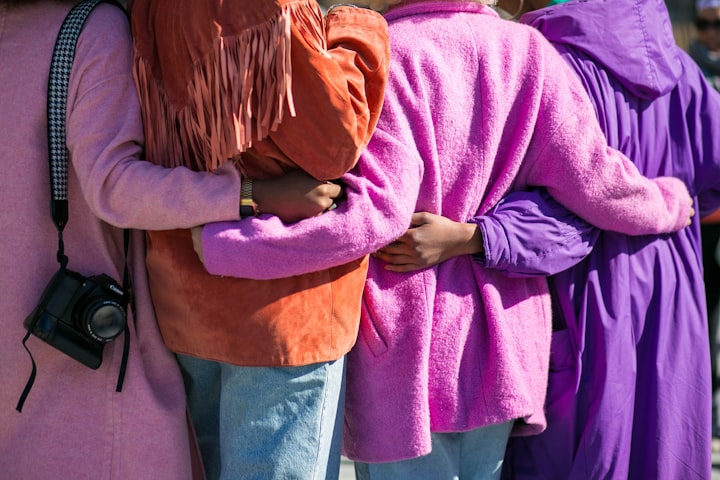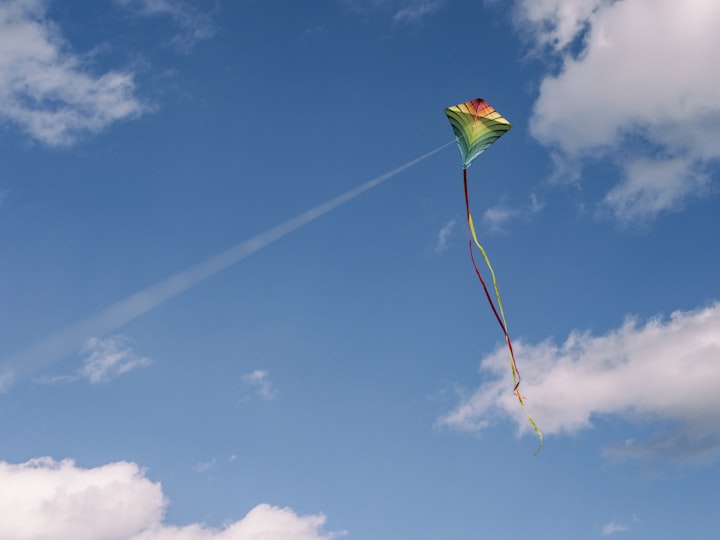
The internet is full of good and useful (and some utterly idiotic) advice about preparing for major weather events and infrastructure failures. Often, these are aimed at people who think things have not yet hit the fan, but will, and probably in some big obvious way that will announce itself, like an earthquake with a marquee reading THIS IS THE END OF THE WORLD AS WE KNOW IT.
As we well know, the world is always ending somewhere: Seattle has a fire season now, Texas’s grid is standing on broken ankles, heat waves across India and Pakistan are predicted to kill people in numbers that would horrify us in war. The changes are happening, and while my corner of the world is having a mild and gorgeous spring, we’re still in a pandemic, and our turn will be up sooner rather than later in this particularly awful roulette.
You can find lists of equipment and ideas for rations everywhere. You may not like the company you’re in when you find them, but unless they’re suggesting you stockpile weapons or fill your basement with canned beans while forgetting to mention a can opener, they’re generally good starts.
You can do a lot of this kind of preparation by yourself; it doesn’t take a lot of cooperation to reorganize a closet to make room for battery-operated fans and some long-term water storage (power outage in August, anyone?) But there are other kinds of preparation at hand, and those are the ones that last longer and work better.
So once you’ve got your go-bag packed - or even if you haven’t yet begun - sit down with these, and maybe a stiff drink or a pot of tea, and gather your people around to figure out the way forward.
- Who is my inner circle? Who are the people I MUST make and maintain contact with in a crisis? Whose safety is on my watch? Who might depend on me for food, shelter, and other vital support?
- What makes my life comfortable? Most people can knuckle through 2-3 days without certain things, after which life starts to get very uncomfortable. Think certain medications. CPAP machines. Coffee. Hot showers. Clean clothes. Make a list of the things you’d manage without for 2-3 days, but not longer. Start thinking about those things when you’re on long car rides. Pick one and figure out a plan for how to get or maintain it.
- What’s our motto? A lot of preparedness training focuses on mindset - how do you keep from panicking? How do you keep yourself moving and doing what needs to be done when you are panicking anyway? A short phrase or motto can give you something to hang on to in those moments.
- It can be, “We can do hard things.” Or “We do what needs doing.” or “Decide we’re going to make it.” Make it active, in the first person plural - we. Make a sign with your motto and post it somewhere you can see it all the time. Repeat it to your kids. Decide that this is a core truth of how we face the future and USE IT.
- What can we be generous with? Do you have a stash of outgrown kids’ clothes in the basement? A generator? A sewing machine? Are you a medical professional? Do you give really good massages? Generosity is about more than stuff. It’s about what you have to share.
- What will we need help or extra hands with?
- What mutual aid networks exist NOW that we get connected to? Think back to the beginning of COVID where google spreadsheets of mutual aid were flying. Some of those are still working, and they can and should be resurrected in the event of other crises.
- Who do we know that’s connected with our local government? Our hospital? Emergency response (fire, EMS, etc?)
- Who do we know that’s vulnerable? Even if someone isn’t in your inner circle (someone who you feel responsible for helping keep fed, sheltered, and safe) it helps to have a list of who might be struggling with mobility or temperature (staying cool in hot weather/warm in cold weather) so you can point other local resources their way.
- What are three prep-free meals we will actually eat? Cereal? Pasta and jarred sauce? Canned refried beans and tortilla chips? Get as simple and as basic as you can while still making sure it’s something you’ll EAT. Remember how many people stocked up on rice and beans at the start of the pandemic and…two years later have those same sacks of rice and beans? Yeah. Don’t let that be you.
- Who would we call with basic urgent medical questions?
Sometimes, getting started is the hardest part, but it’s also the most essential part.
About the Creator
Dane BH
By day, I'm a cog in the nonprofit machine, and poet. By night, I'm a creature of the internet. My soul is a grumpy cat who'd rather be sleeping.
Top Story count: 17
Check out my Vocal Spotlight and my Vocal Podcast!
Reader insights
Outstanding
Excellent work. Looking forward to reading more!
Top insights
Easy to read and follow
Well-structured & engaging content
Excellent storytelling
Original narrative & well developed characters
Expert insights and opinions
Arguments were carefully researched and presented
Eye opening
Niche topic & fresh perspectives
Heartfelt and relatable
The story invoked strong personal emotions
On-point and relevant
Writing reflected the title & theme






Comments (2)
This was really good!
Excellent advice. I live in Florida, so we prepare like you stated every year as hurricane season approaches.